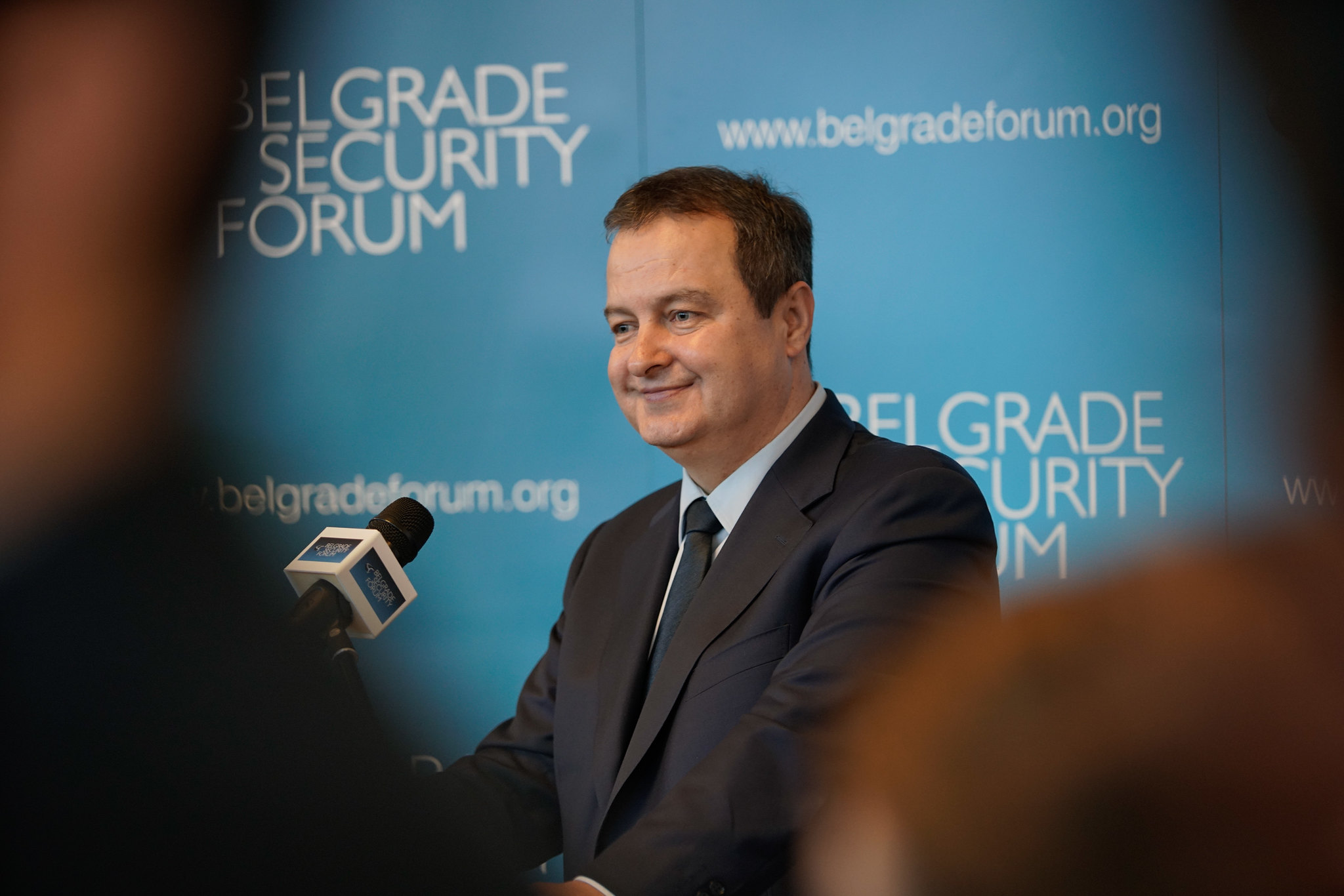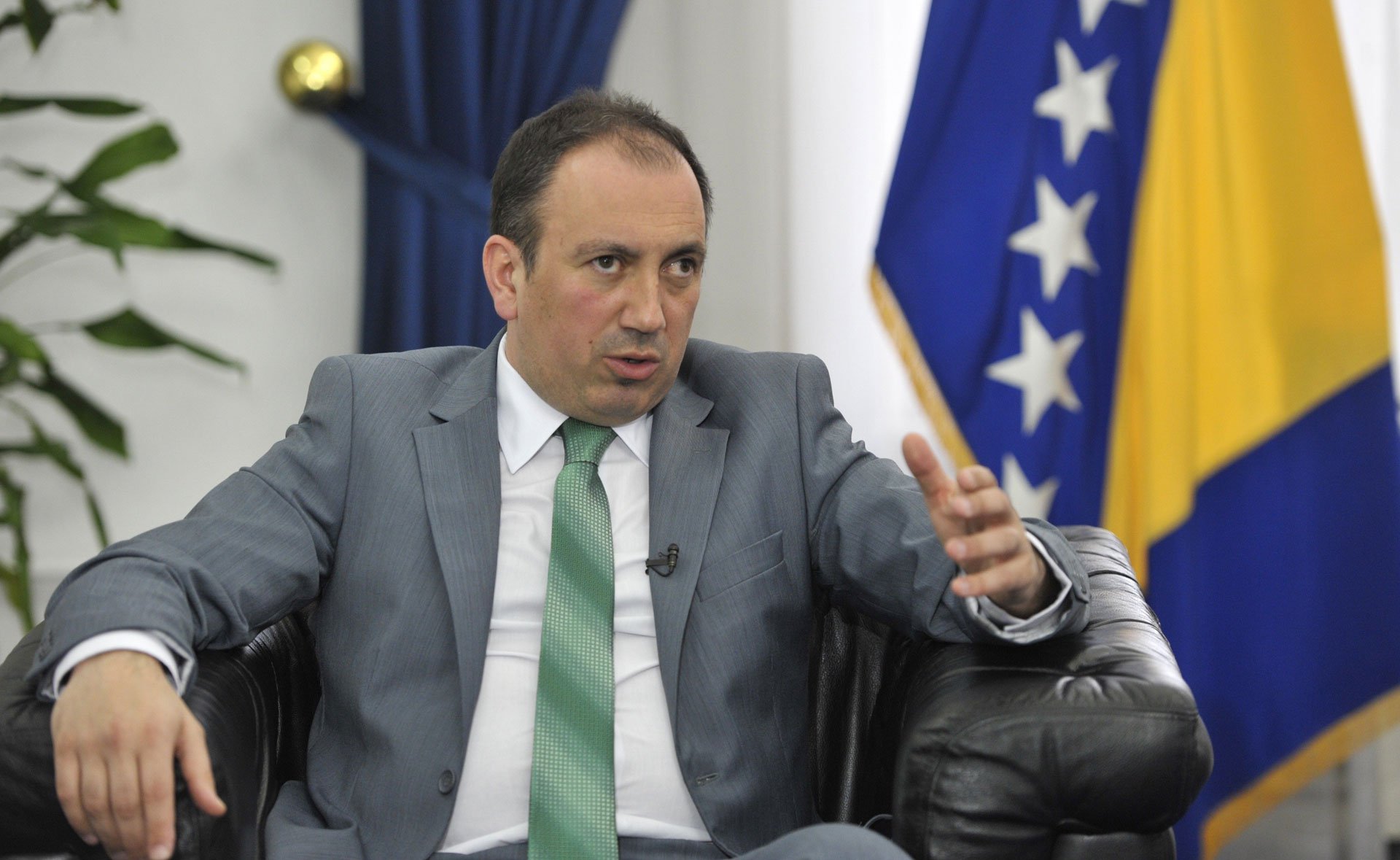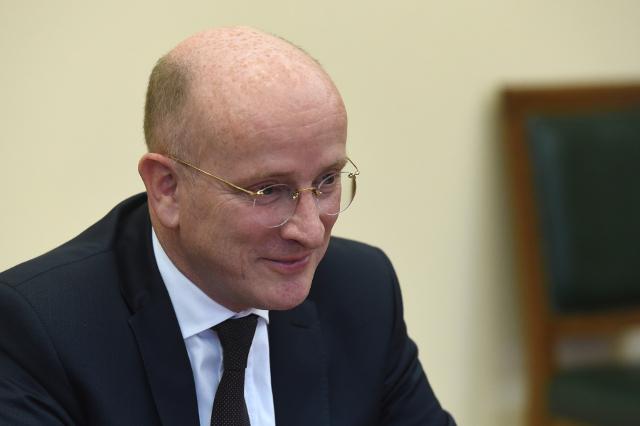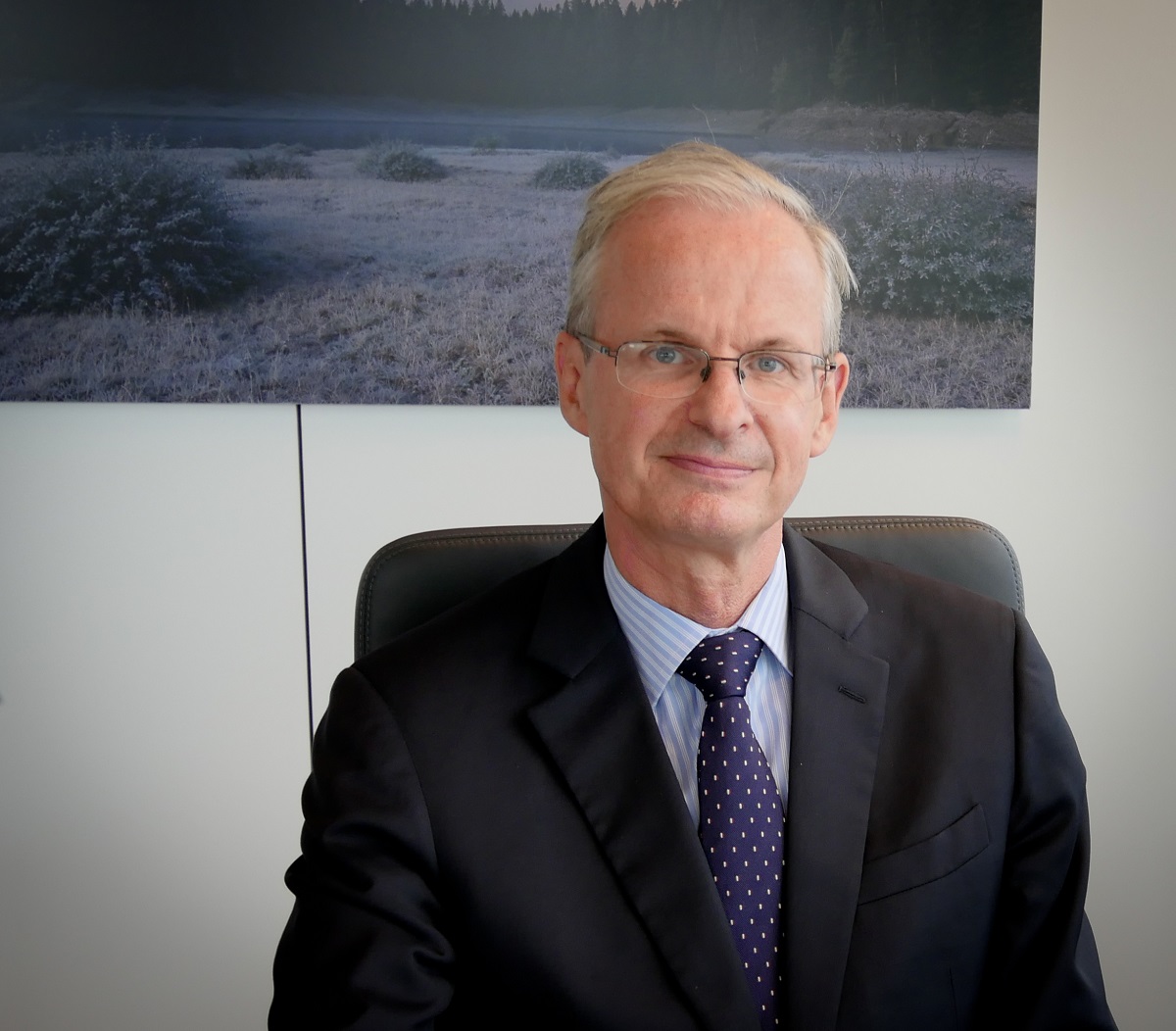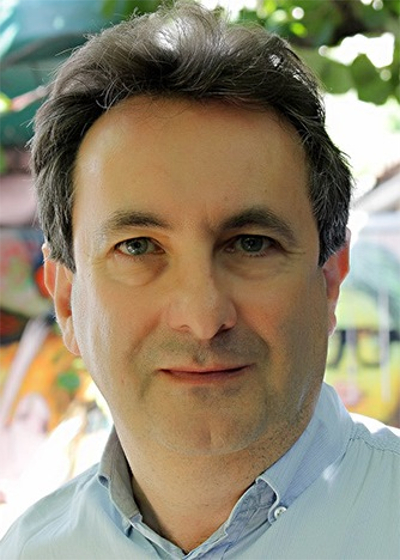Keynote: Berlin Process in Belgrade (in partnership with the European Fund for Balkans)
Discussion Points:
-
Has the Process helped in resolving still open bilateral issues and political dialogue between the “Western Balkans’s six”?
-
How would you comment overtures in terms of building customs union and common labor market?
-
Do you see progress in implementation of key infrastructure projects?
-
What more can be done to facilitate youth cooperation and exchange? How does your country support RYCO and other institutions being created?
-
Are you counting on resources provided by civil society?
Background
The Western Balkans Summit held in Trieste in July this year was the fourth consecutive in the series, following the one in Berlin in 2014, Vienna in 2015 and Paris in 2016. This time around, emphasis was placed on economic issues and infrastructure. One of the main results of the Trieste Summit was the signing of the Transport Community Treaty between the European Union and five Western Balkans countries – all except Bosnia and Herzegovina, which did not sign due to internal disagreements.
The whole intention behind the Berlin Process was to speed up the integration process of the Western Balkans eleven years after the Thessaloniki Summit, where the European perspective was offered to the region for the first time. The idea was first to economically connect the countries of the region, hoping that after that achievement all other issues will slowly settle down. Connectivity became the buzzword of the Berlin Process and many plans for development of the very needed infrastructure that would connect the region were presented.
However, it is questionable if this logic works in practice having in mind more than evident reluctance to work on settling the bilateral issues. It become very clear that the creation of “Regional Economic Area” will not be enough to resolve all the issues among the countries of the region. Not to mention that some of the countries – Bosnia and Herzegovina, Macedonia and up to a point Kosovo experienced prolonged periods of political stalemate and/or instability.
It needs to be said how many efforts were made on all sides engaged in Berlin process. One very significant result was the establishment of the Regional Youth Cooperation Office (RYCO) in Tirana. Another very good step that was introduced after the Vienna Summit was engaging civil society in the Berlin Process, by organizing Civil Society Forums running in parallel, bringing together representatives of organizations willing to contribute.
For their part, EU institutions should show greater determination in putting in place effective monitoring mechanisms that will guarantee proper implementation of the commitments and EU-related reforms by the countries of the region. On the other hand it would be very important if the EU showed more ownership over the Berlin Process not only leaving it to the seven most interested countries. In that way concerns in the region that Berlin Process replaces the EU membership will fade away.
- European Movement in Serbia, “Stocktaking of the Berlin Process”, Foreign Policy Papers 1/2017
- The Balkans in Europe Policy Advisory Group (BiEPAG), Discussion paper “The Future of the Berlin Process”
- Marika Djolai, 2017, The Western Balkans Summit in Trieste and Bilateral Disputes
- Erwan Fouere and Steven Blockmans, 2017, “The Berlin Process for the Western Balkans – is it delivering?”
- Civil Society Forum of the Western Balkan series web site
- The Berlin Process in Belgrade: The EU as a Peace Project Revisited in the Western Balkans
Previous BSF Sessions on the Similar Topics:
2016 – Special Event: Enlargement Moving beyond Europe’s Fatigue and Bilateral Disputes
2015 – The Berlin Process in Belgrade: The EU as a Peace Project Revisited in the Western Balkans

